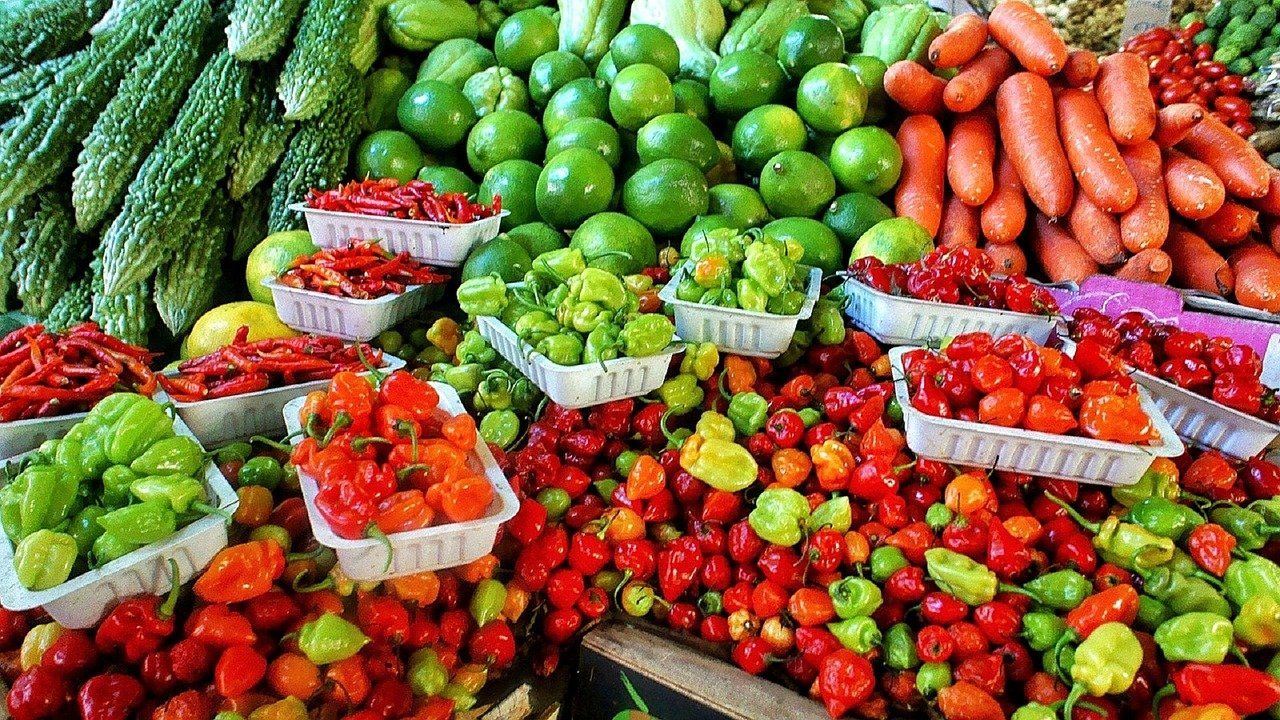Plant-Based Goes Mainstream
The vegan lifestyle and plant-based diets are both approaches to better health that are growing faster than any other food trend in history.
Alternative eating lifestyles such as plant-based were at one time considered a fad but in the last five years have seen an incredible rise worldwide. According to a poll by the Vegetarian Resource Group 6 – 8 million Americans have eliminated meat, including seafood, from their plates. Plant based eating is creating an unprecedented demand on new and existing food manufacturers and brands, on institutions such as schools and hospitals and will create amazing opportunities for small regional food providers.
MILLENNIALS & THE INTERNET
GlobalData reports “Seventy percent of the world’s population is either reducing meat consumption or leaving meat off of the table altogether,” with millennials at the forefront. The environment has been the primary concern with health concerns second. The main interest is to make the earth a better place to live. “The majority of my vegan clients are in their 20’s and 30’s and their concern for animal treatment relates to sustainability. Sustainability helps to reduce methane emissions from industrial farms.” says to Lisa Strollman a plant-based nutritionist.
The internet and the millennials use of it has been a key driver in the rise of plant-based diets and the vegan lifestyle. Knowing where your food comes from and increased awareness of the negative effects of meat and positive effects of plants through the web makes choices easy and faster. Take a look at how many food apps there are, what you are eating is trendy. The nutritional values and the sources can be obtained in seconds.
BENEFITS FOR ALL
Perceptions are changing. Recently the American Medical Association suggested that hospitals consider providing plant-based meals for patients. A holistic cardiologist in Michigan began teaching plant-based diets to heart patients in 1990 and subsequently has seen hundreds of them avoid invasive and surgical procedures. Noted was also a drop in Type 2 diabetes, obesity and hypertension.
A diet rich in vegetables and fruits lowers blood pressure, according to The American Diabetes Association. The ADA states that a nutrient-dense vegetarian diet can decrease the risk of certain diseases including cancer.
Take a walk down the aisles of your local supermarket. You will notice the shelves being stocked with more and more meatless products like plant-based burgers. One very popular brand is the “BEYOND MEAT” burger where in some parts of the country sell twice as many units as their carnivorous counterpart.
Google “ famers markets near me ” and you will see several in a 25-mile radius where five years ago there might have been one. Consumers want fresh, locally grown products and the plant-based non-meat options are leading the way.
THE FUTURE
Aside from the health benefits of eating less meat, the impact has a global reach. Companies are going to have to adjust their portfolios to a consumer that is eating less processed foods. Farmers are going to have to adapt, restaurants diversify and institutions like hotels, universities and hospitals will have to change their offerings. Even Walmart, the world’s largest retailer, is asking its suppliers to offer more plant-based options. Look for many new companies to start-up. Look for regionalization as local growers and producers continue to populate farmers markets and local markets to sell their goods. It's exciting as a food "trend" has never been so global and potentially so impactful.
I love talking all things food so if you have comments, suggestions or advice, please do e-mail me at michael@alliesproteinballs.com.
Have a great day and thanks for reading!
Michael A. Carrubba
CEO/Founder Allie’s Protein Balls











